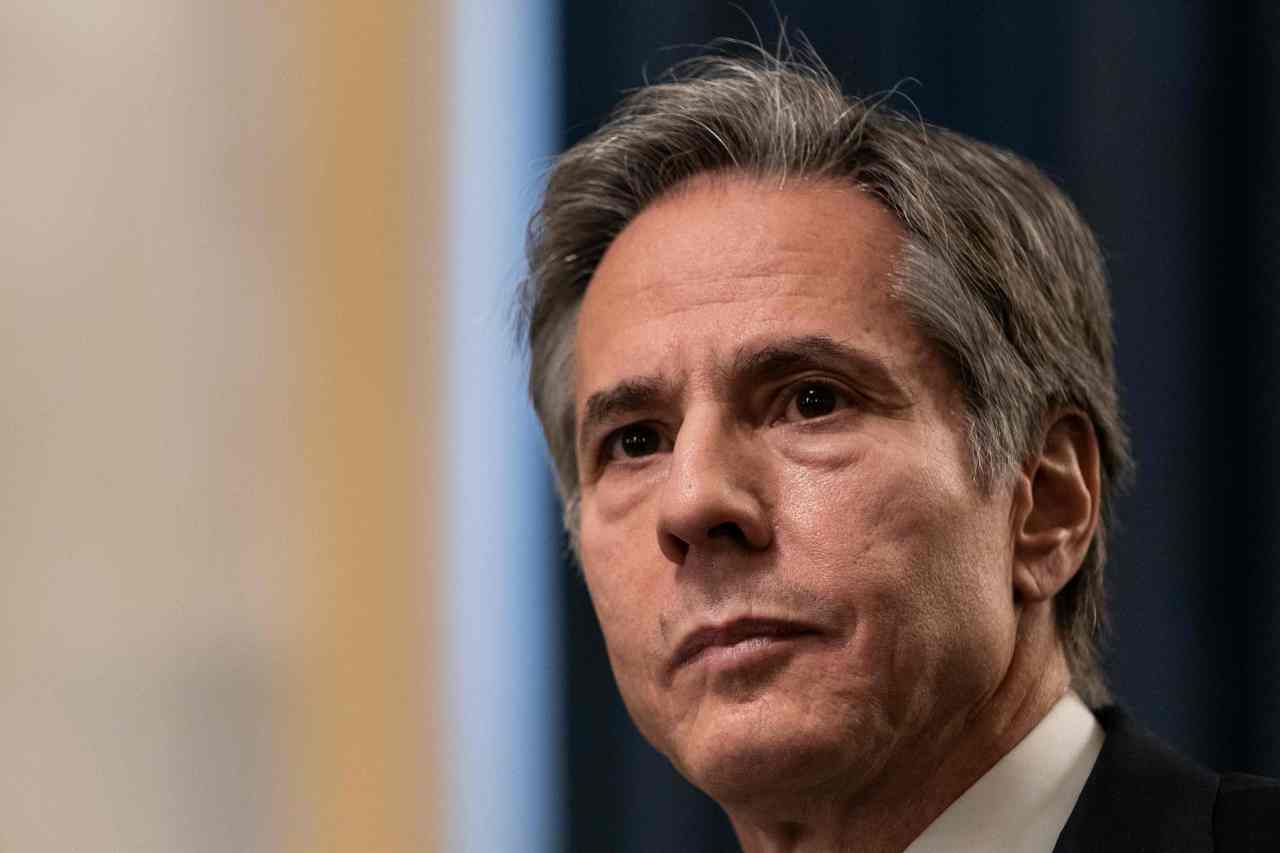US to review entire approach on NK: Secretary of State nominee Blinken
By Ahn Sung-miPublished : Jan. 20, 2021 - 14:57

Antony Blinken, incoming US President Joe Biden’s nominee for secretary of state, said the North’s nuclear problem has “gotten worse” and that the new administration is planning a full review of Washington’s approach to Pyongyang.
“I think we have to review and we intend to review the entire approach and policy toward North Korea because this is a hard problem that has plagued administration after administration, and it is a problem that has not gotten better -- in fact, it’s gotten worse,” Blinken told the Senate Foreign Relations Committee in his confirmation hearing on Tuesday (US time), when asked whether he would support a “phased agreement” of tailored sanctions relief for Pyongyang in return for a verifiable freeze in the North’s weapons program.
Blinken added that the US would “look at what options we have, and what can be effective in terms of increasing pressure on North Korea to come to the negotiating table, as well as what other diplomatic initiatives may be possible.”
He stressed that this process starts with consulting with Washington’s allies, particularly with South Korea and Japan.
Blinken also agreed that humanitarian assistance to Pyongyang needs to continue, to make sure the sanctions and other actions that Washington takes do not harm North Korean citizens.
“In North Korea and in other similarly situated places, we have to have an eye clearly on the people of the country in question, and do what we can to alleviate their suffering,” said Blinken. “We do want to make sure that in anything we do, we have an eye on the humanitarian side of the equation, not just on the security side of the equation.”
Biden’s foreign policy on North Korea is widely expected to differ from that of outgoing President Donald Trump, whose top-down stance led to three summits between him and North Korean leader Kim Jong-un. With Biden likely to opt for a “step-by-step,” bottom-up approach, observers have raised concerns about the potential for a clash with South Korean President Moon Jae-in’s push for summit diplomacy and engagement efforts with Pyongyang.
Mindful of such concerns, Moon on Monday urged Biden to build upon the achievements from the 2018 Singapore summit agreement between Trump and Kim, in which Pyongyang agreed to complete denuclearization in exchange for security guarantees from Washington.
Meanwhile, Avril Haines, Biden’s nominee for director of national intelligence, also included North Korea, along with China, Iran and Russia, as countries that pose threats to US national security, in a written answer to the questions from the Senate Intelligence Committee as part of her confirmation hearing. She also mentioned other evolving transnational threats, including climate change, cyberattacks, terrorism and the pandemic.
Haines underlined the importance of “understanding the capabilities and intentions of a country like North Korea” as a critical responsibility of the intelligence community.
“If confirmed, I look forward to reviewing the latest intelligence and analysis by IC (intelligence community) professionals on North Korea’s continued missile testing,” she said.
Defense secretary nominee Lloyd Austin also identified North Korean threats as major challenges for Washington, and stressed that it is in the US interest to pursue denuclearization of North Korea, through coordinated efforts with allies and others, including China.
“If confirmed, I will review the full range of current and proposed activities to enhance US and allied defenses against North Korea’s missile capabilities,” he said in a written answer for the hearing.
He also vowed to seek an early conclusion to the stalled defense cost sharing talks with South Korea, which determines how much Seoul should pay for the upkeep of the 28,500-strong US Forces in Korea.
By Ahn Sung-mi (sahn@heraldcorp.com)








![[Graphic News] More Koreans say they plan long-distance trips this year](http://res.heraldm.com/phpwas/restmb_idxmake.php?idx=644&simg=/content/image/2024/04/17/20240417050828_0.gif&u=)
![[KH Explains] Hyundai's full hybrid edge to pay off amid slow transition to pure EVs](http://res.heraldm.com/phpwas/restmb_idxmake.php?idx=644&simg=/content/image/2024/04/18/20240418050645_0.jpg&u=20240419100350)






![[From the Scene] Monks, Buddhists hail return of remains of Buddhas](http://res.heraldm.com/phpwas/restmb_idxmake.php?idx=652&simg=/content/image/2024/04/19/20240419050617_0.jpg&u=20240419175937)

![[KH Explains] Hyundai's full hybrid edge to pay off amid slow transition to pure EVs](http://res.heraldm.com/phpwas/restmb_idxmake.php?idx=652&simg=/content/image/2024/04/18/20240418050645_0.jpg&u=20240419100350)

![[Today’s K-pop] Illit drops debut single remix](http://res.heraldm.com/phpwas/restmb_idxmake.php?idx=642&simg=/content/image/2024/04/19/20240419050612_0.jpg&u=)